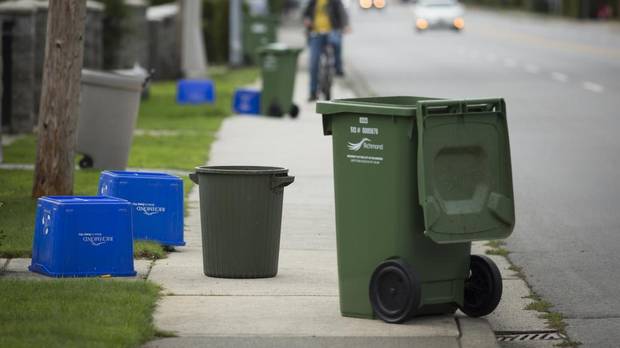 Many laws, bylaws, and regulations have been passed in order to protect wildlife, nature, and humans. The purpose of the B.C. Wildlife Act is to “ensure the wise management of our wildlife resources and minimize the negative impacts of human activities”.
Many laws, bylaws, and regulations have been passed in order to protect wildlife, nature, and humans. The purpose of the B.C. Wildlife Act is to “ensure the wise management of our wildlife resources and minimize the negative impacts of human activities”.
Taken from B.C. Laws, Clause 33.1 in the Wildlife Act states that:
(1) A person must not (a) intentionally feed or attempt to feed dangerous wildlife or, (b) provide, leave or place an attractant in, on or about any land or premises with the intent of attracting dangerous wildlife.
(2) A person must not leave or place an attractant in, on or about any land or premises where there are or where there are likely to be people, in a manner in which the attractant could (a) attract dangerous wildlife to the land or premises, and (b) be accessible to dangerous wildlife”.
If the attractant is not removed and remains in place for more than one day, the person will be fined separately on each day until the action is taken place. However, ticketing is rare even if bylaws are in place because it is difficult to determine whether someone is committing an offence. BC SPCA prefers that people feed wild birds (rather than larger mammals) with seeds and natural plants, as birds tend to be opportunistic animals.
————–
 Many cities in British Columbia have transitioned their garbage cans to larger garbage bins with heavier lids. Households are required to order or purchase these garbage bins in accordance to their respected city regulations. The consequence of not possessing these garbage bins is not having your garbage picked up by the city. These garbage bins are meant to reduce the rancid smell of trash and unintentional litter on the streets, as well as, prevent birds and animals from rummaging through the containers.
Many cities in British Columbia have transitioned their garbage cans to larger garbage bins with heavier lids. Households are required to order or purchase these garbage bins in accordance to their respected city regulations. The consequence of not possessing these garbage bins is not having your garbage picked up by the city. These garbage bins are meant to reduce the rancid smell of trash and unintentional litter on the streets, as well as, prevent birds and animals from rummaging through the containers.
